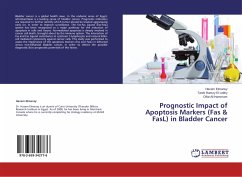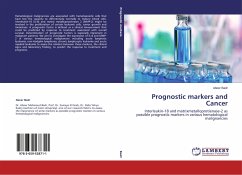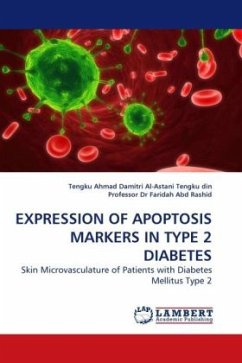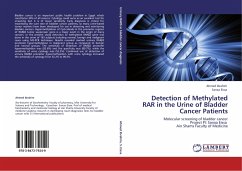Bladder cancer is a global health issue. In the endemic areas of Egypt, schistosomiasis is a leading cause of bladder cancer. Prognostic indicators are required to further identify which tumor should be treated aggressively early on, in order to improve surveillance. The Fas-Fas Ligand (Fas-FasL) system has been recognized as a major pathway for the induction of apoptosis in cells and tissues. Fas-mediated apoptosis is deeply involved in cancer cell death, brought about by the immune system. The interaction of Fas and Fas Ligand contributes to cytotoxic T-lymphocyte and natural killer-cell mediated cytotoxicity against cancer cells. This study was performed to assess the importance of the apoptosis markers (Fas and FasL) in bilharzial versus non-bilharzial bladder cancer, in order to detect the possible diagnostic &/or prognostic potentials of this factor.
Bitte wählen Sie Ihr Anliegen aus.
Rechnungen
Retourenschein anfordern
Bestellstatus
Storno








